Taking Care of a Woman’s Mind
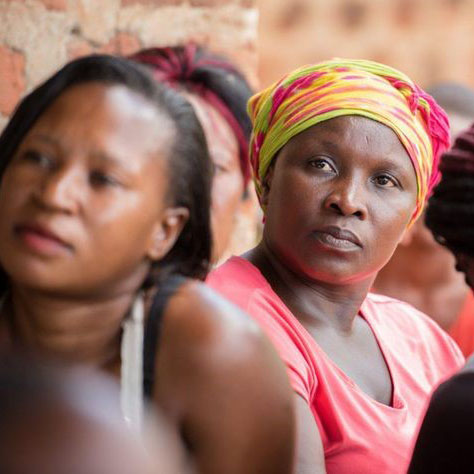
Mental health is already a taboo topic of discussion, even in more developed countries where there have been increased resources and conversations about it. But what about countries that barely have access to basic natural resources, like water? On top of worrying about when their next meal might come, or if they will make enough money for the week, they have to manage what is going on internally with no help. There are limited resources in terms of medication, practitioners and facilities within these countries, and according to psychiatrist and professor at Harvard Medical School, Vikram Patel, mental disorders are the most neglected of the global health problems. On top of the divide from the rest of the world in terms of how mental health is handled within these countries, there is also a gender divide. In restructuring societies women tend to be more restricted in almost every aspect of daily life, which results in higher neglect of their needs, and mental health is not excluded from this.
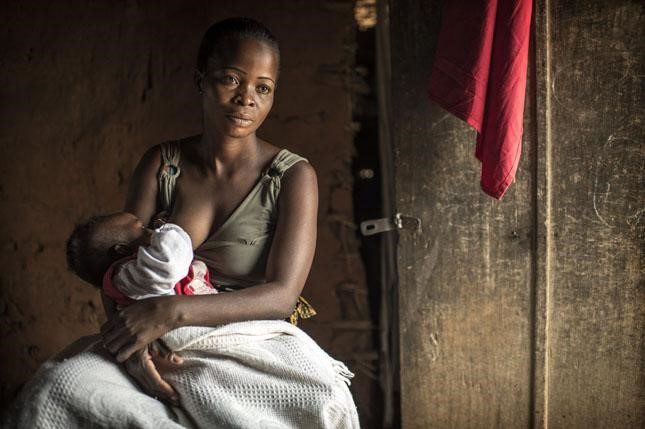
It has been found that one of the main risk-factors that are associated with higher rates of issues such as depression and anxiety, is gender-based roles. These roles disproportionately affect women through gender-based violence, socioeconomic disadvantage, low income and income inequality, as well as lower-ranking social status and ceaseless responsibility for the care of others. Specifically, women in India are subjected to a patriarchal society, which translates into family dynamics, as well as lower educational status and strict codes of conduct. To have only one choice as to how one can live their life can produce a serious identity crisis, which can lead to debilitating mental problems such as depression. Women also obtain the primary role of childbearing and child-rearing, which has received the most attention in terms of providing women with adequate mental health resources. Research done by the Indian Journal of Psychiatry has focused specifically on phases within a woman’s reproductive cycle and their mental state throughout every phase and scenario. This is vital work because bearing a child can come with severe negative effects on a woman’s body and mind. It is, however, important to address the other factors that create insecurities with women, given that they have larger roles in this world rather than just reproduction.
Women have been confined to these roles for centuries and India is not the only country that enforces tight rules and regulations for women. It has been seen in Uganda that women are more likely to experience poverty, less education, sex trafficking, fewer job opportunities, and in some cases limited access to outdoor activities. The lack of contribution to the country and their community can produce a lack of purpose for women, resulting in lower self-esteem. In addition to social roles, the physical abuse of women in communities such as these, produces severe PTSD and trauma, that without professional help can lead to dire situations such as suicide.
The conditions that women are born into within these developing communities, are issues in themselves that should never be ignored. However, it is just as important to focus on the consequences of these roles rather than just the root of this treatment, as entirely changing engraved societal roles is a tricky task to take on. Not to say that confronting the stigma of mental health will be a walk in the park, mostly due to the lack of funding and access to mental health resources. This lack of funds significantly contributes to the continuation of poor mental health and perpetuates the cycle. This is why developing tailored programs and implementing them throughout communities that need them, will not only help on an individual basis, but will reduce the stigmatization of mental health and create open conversations within the community members.
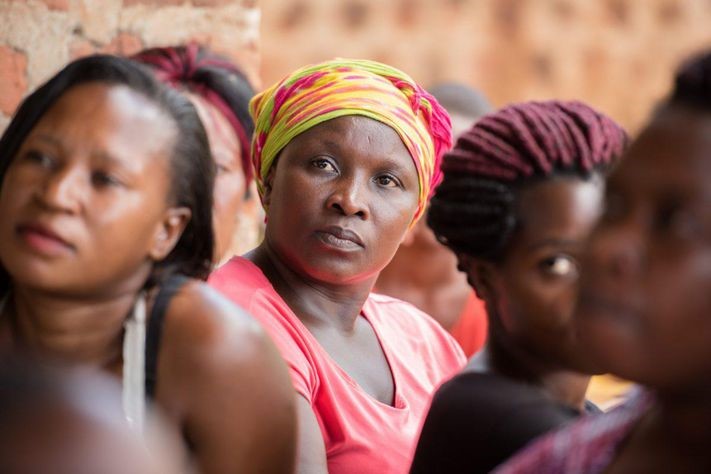
In a recent article for the American Psychology Association, it was revealed that there are efforts in increasing the presence of mental health professionals, such as nurses and other health-care workers, in order to deliver treatment for common problems like depression, anxiety and PTSD. This will not only create an increase of resources, but will also free up specialists who address more complex problems that other health professionals would not be able to handle. These efforts are trying to target multiple problems at once, as it will be a more efficient and effective way to care for these communities. The approach used is called the Common Elements Treatment Approach, which is customized on an individual basis, and targets a plan for each person based on their needs, giving each woman a sense of her individuality in an environment where all women are seen as the same.
When developing and implementing these programs, it is important to make sure that they align with the culture and daily life of the community. To simply take westernized approaches and dump them onto communities that have drastically different cultural beliefs and practices, will not be an effective tool and may cause more harm than good. It is vital to be culturally sensitive and to adapt the treatments in ways that make sense with the community and their beliefs. There have been expected disagreements between countries, regions and cultures, specifically between westernized and developing countries on how to handle mental health, which causes friction between these communities. Western countries need to learn to work with these countries like Uganda and India by incorporating their beliefs, systems and strategies on mental health, in order to ensure the discarding of the idea that the Western way is the only way. Not only is it western countries’ responsibility to help and implement these programs, it is also important that they spread awareness of these issues within these communities but also their own. I urge everyone to do their research on women’s issues throughout developing communities and support anyway they can. It is necessary for women to be able to step out of these restricted gender-based roles, as to not be limited both mentally and physically.
Sources:
https://www.apa.org/monitor/2020/01/cover-trends-mental-health
https://www.ncbi.nlm.nih.gov/pmc/articles/PMC5479084/



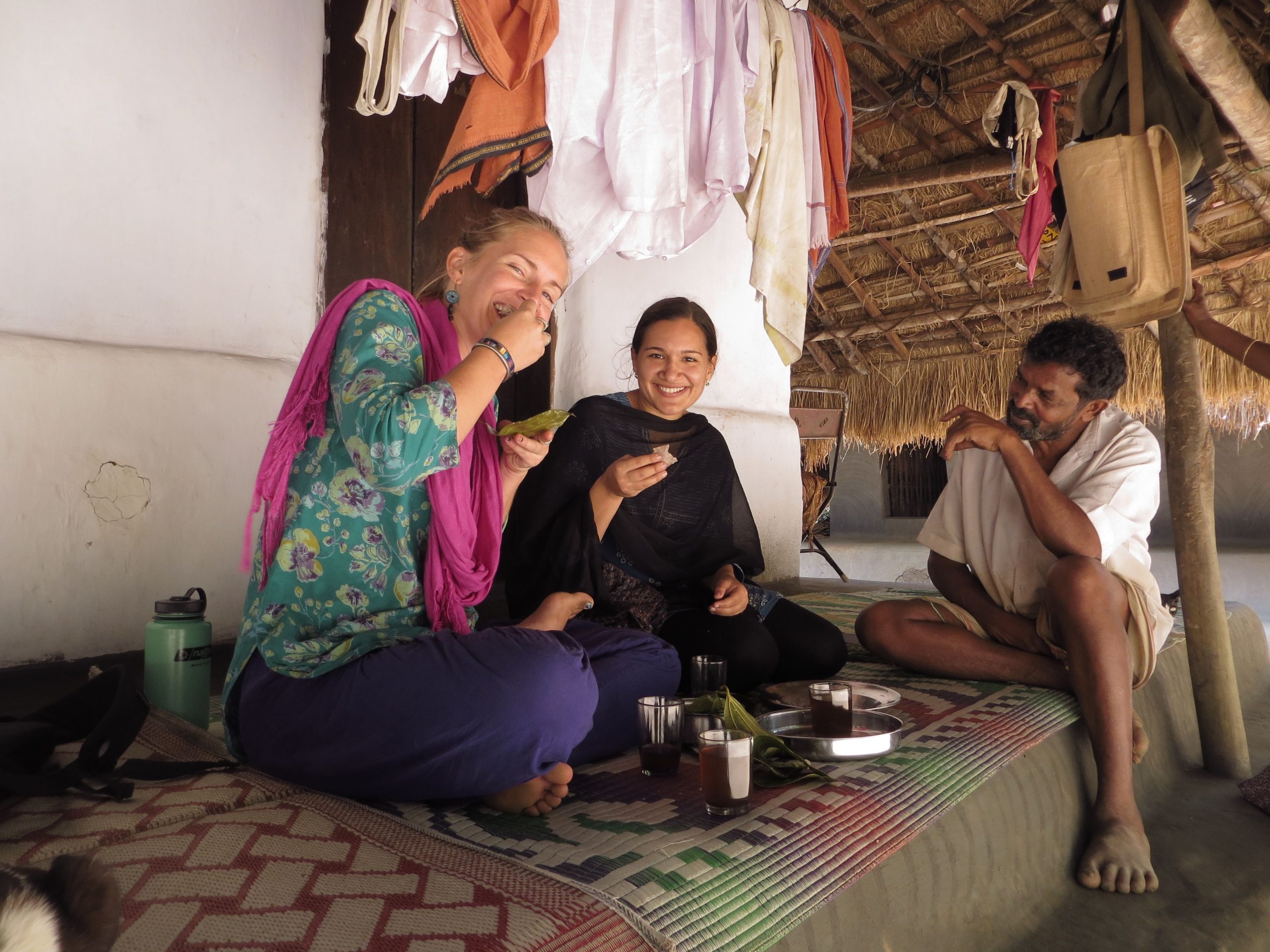
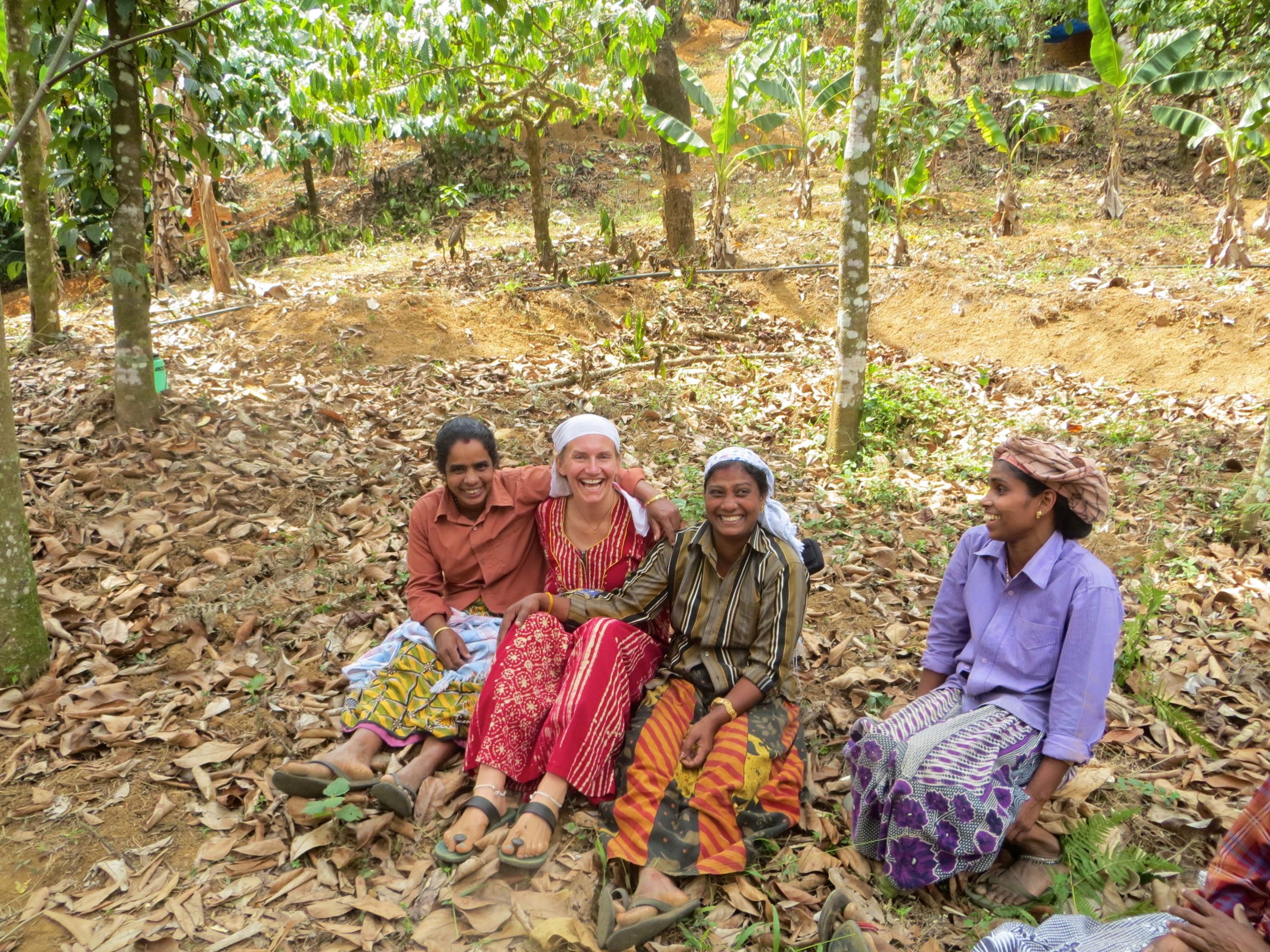
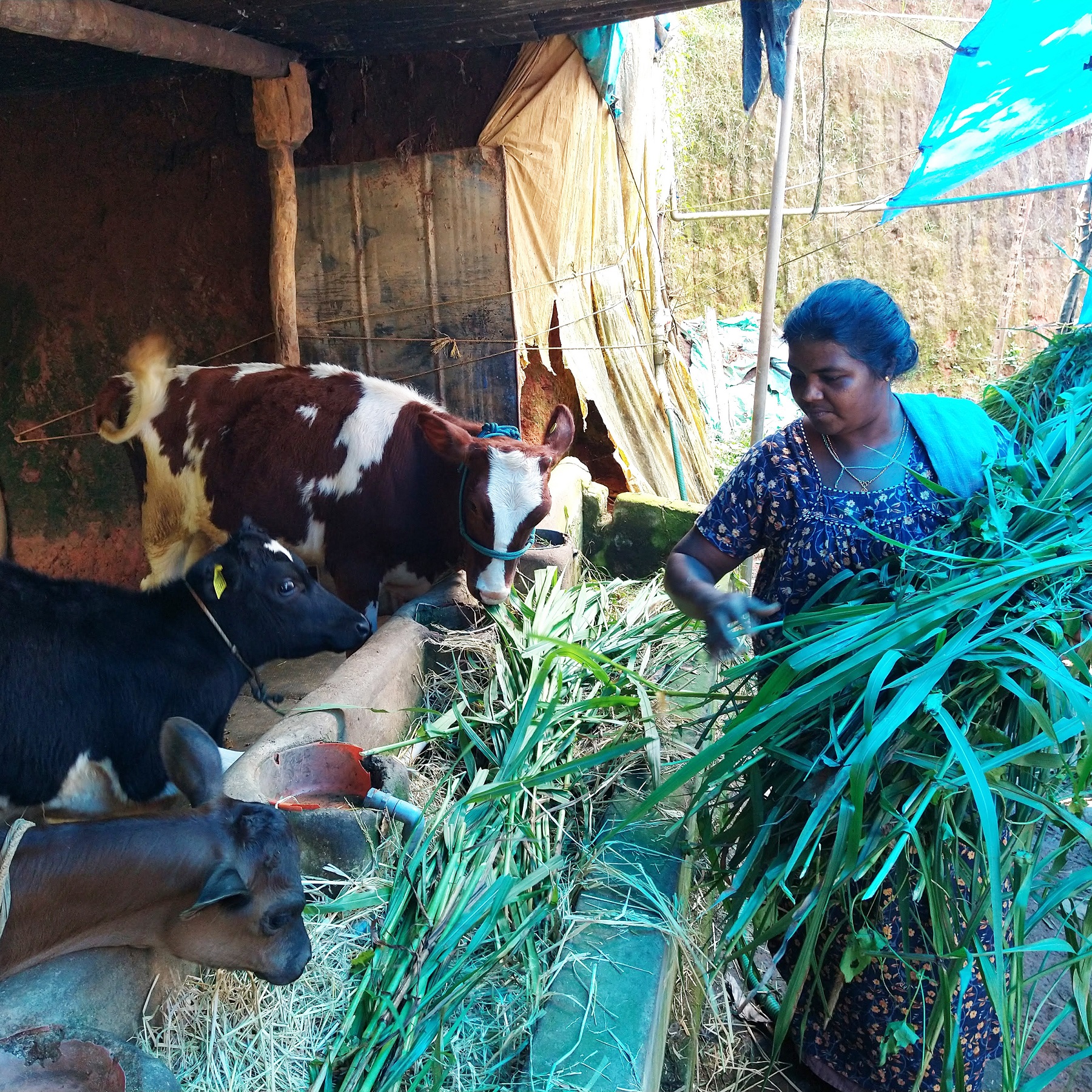
Leave a Reply
You must be logged in to post a comment.